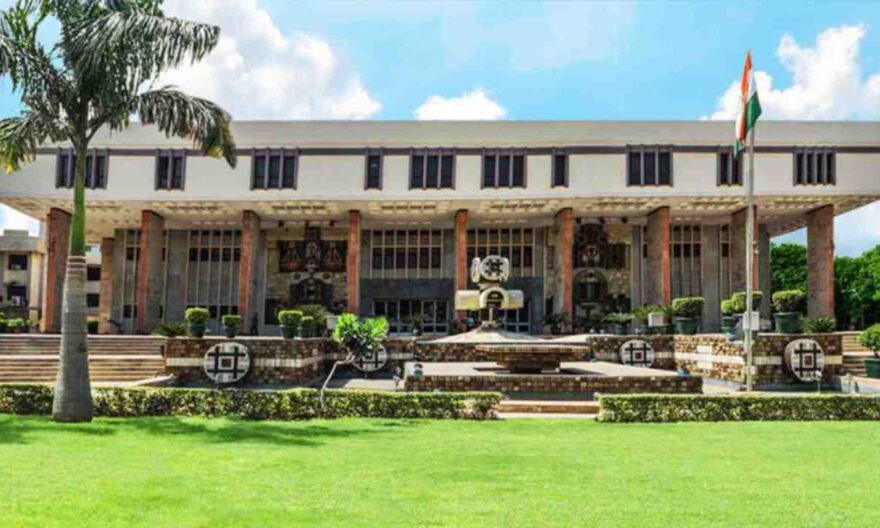
The Delhi High Court has set aside the conviction and one-year prison sentence of a city police official accused of accepting a Rs 1,000 bribe from a woman in 1991 to arrest her neighbor.
A bench of Justice Jasmeet Singh emphasized that the prosecution must establish the demand for and acceptance of a bribe beyond a reasonable doubt. In this case, the court found that the “proof of demand and acceptance” had not been “substantiated” by the statements of witnesses.
The court stated, “The demand for bribe followed by its acceptance must be proved beyond reasonable doubt. The burden of proving its case beyond all reasonable doubt lies squarely on the prosecution.” It further noted that the prosecution had failed to prove the demand and acceptance of the bribe either through direct or indirect evidence, which are foundational facts.
As a result, the court allowed the appeal by the police official against the trial court’s verdict, setting aside the conviction and sentence imposed by the Special Judge, Delhi.
The case revolved around a complaint filed by the woman in 1991 after a dispute between her brother and their neighbor. The appellant, a sub-inspector at the time, was assigned to the case and allegedly demanded Rs 2,000 from the complainant to arrest her neighbor. He later asked her to pay the amount in two installments.
According to the prosecution, after the first installment of the bribe was paid to the appellant, a raid by the Anti-Corruption Branch recovered Rs 1,000 from him. His hands were tested with a solution of sodium carbonate, which turned pink due to the application of phenolphthalein powder on the currency notes, as per the prosecution’s evidence.
In 2000, the trial court found the appellant guilty of offenses under sections 7 and 13(i)(d) of the Prevention of Corruption Act, 1988, sentencing him to one year of rigorous imprisonment and imposing a fine of Rs 500 on each count.
The appellant, represented by lawyers Anurag Andley and Kshitij Arora, argued that he had been falsely implicated and that the complainant, who faced several pending cases, had a motive to bear a grudge against him for not arresting her neighbor. They also argued that the appellant knew the neighbor was already out on bail, making the demand for a bribe unnecessary.
The court noted that the trial court “failed to appreciate” that the prosecution needed to prove the demand and acceptance of the bribe through primary or secondary evidence. In this case, the complainant’s evidence was deemed “untrustworthy,” and the independent witness did not support the prosecution’s case.
The court concluded, “The solution turning pink in the absence of demand (for bribe) will have no bearing as the law is settled in this regard. Hence the demand of bribe either by primary or by secondary evidence has not been proved.”




